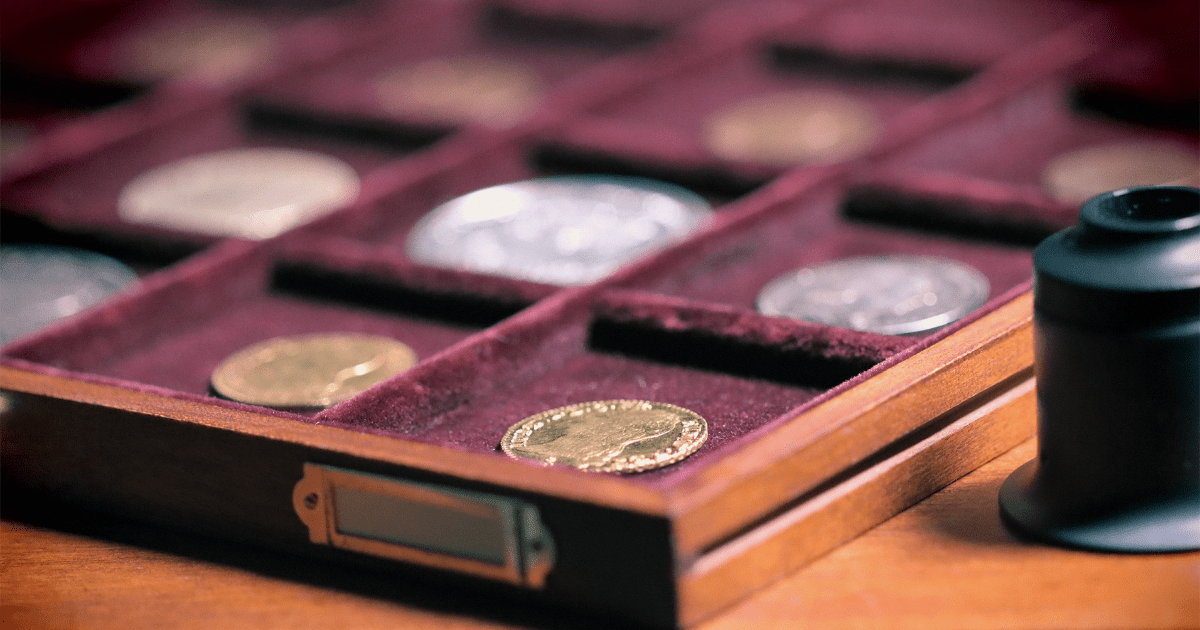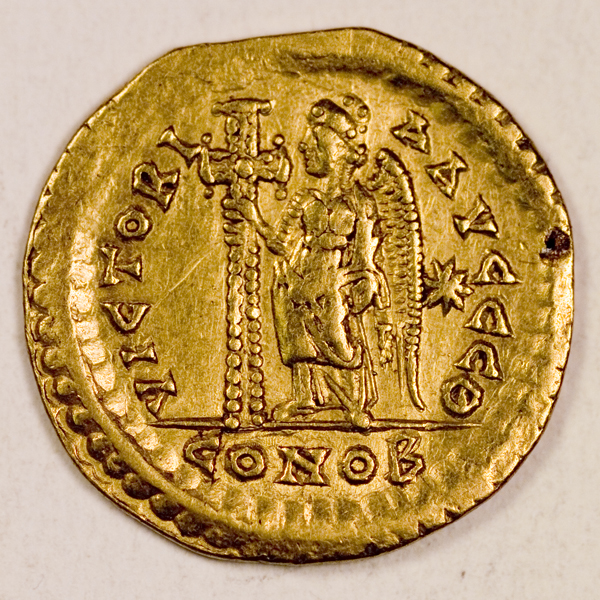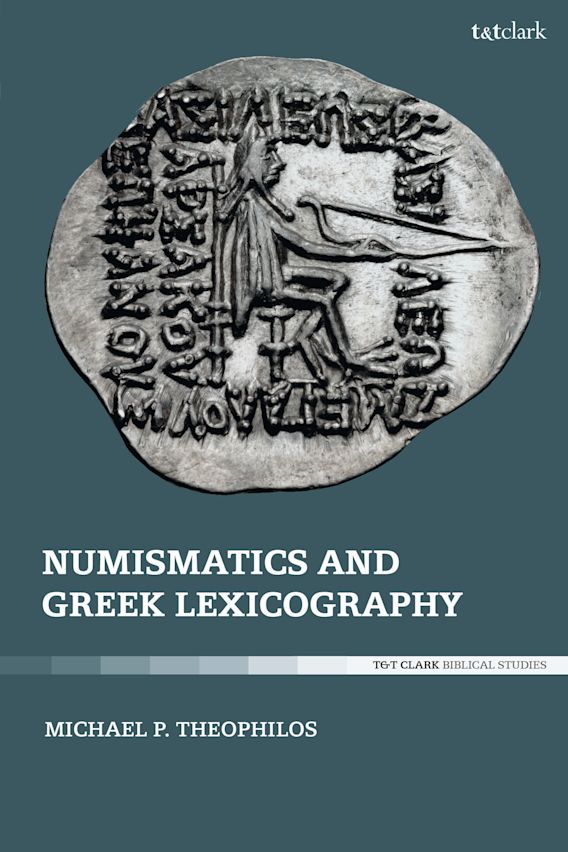Free Info On Selecting Shekel And Circulated
How Do I Use A Numismatics Database To Study Security Printing Facilities In Numismatics?To conduct research in numismatics on security printing, you'll need to use databases that concentrate on security, production of currencies technological advancements in printing and minting. This is a structured method for conducting this research. Database Selection: Choose databases that specialize in security printing and printing for currency. Examples include databases from national mints such as the United States Mint or Royal Mint; central banks, such as the Federal Reserve and European Central Bank as well as publications or databases that are specific to the industry.
Define Research Focus: Specify your research objectives. Do you want to learn more about the background of a specific security printing service, technological advancements employed in the production of currency and security features of coins and banknotes or the effect on preventing counterfeiters? Find out what you're trying to find in order to aid your research.
Search strategy: Use words that describe the location for example "security printers,"" "currency producing technology" or "coin minting" and include specific names of the facilities or geographic regions should you want to. Advanced search is a way to narrow the results according to date, document type (such technical reports, production statistics or security features) and location.
Data Collection: Access the past data and information on modifications to production methods and advancements in security features of banknotes and coins.
Analyze Data: Analyze every bit of data to determine the impact that security printing technology has had on the numismatics. To stop counterfeiting, study how security features have developed such as microprinting holograms, microprinting and specialized coloured inks. Review different printing firms or mints' practices and technologies.
Cross-Reference: Check the validity of your research by comparing data from various databases and sources. This will ensure accuracy and completeness of your research, and gives you complete information about printing security practices across the globe.
Documentation: Document your findings in a systematic manner by citing sources and highlighting methodologies that you have used. Keep track of details on the databases accessed, keywords used in searches, as well as the significance of each source to your research needs.
The technology behind security printing and techniques are always developing. Stay current by monitoring updates from industry publications such as mint reports, security news and central bank publications to keep up-to-date with the most recent advancements in security features and printing technology.
These steps will allow you to explore databases in relation to security printers. This method allows a detailed analysis of the latest technological advances as well as safety measures and other developments in the past that impact the production worldwide of coins, banknotes, and currencies. Check out the recommended killer deal about banknote catalog for blog recommendations including nickel, banknote identification, collector, franc, coin edge, banknote artist, coin design, coin dealer, coin production, proof coins and more.

How Can I Utilize The Numismatics Database To Conduct Research On Mines?
For a structured way to conduct this research Follow these steps: Selecting databases that focus on mining history as well as metal resources and sources of coins. Here's a method to conduct this type of research:Databases Selection: Choose databases that specialize in mining the past and mineral resources. Examples of this kind of research are geological surveys and mining company databases.
Define Research Focus: Specify your research objectives. You might be looking for mining techniques from various historical periods or historical mines that supplied metals to coins or mining sites or understanding the significance of mining in numismatics. Clarify your interests to help guide your study.
Search Strategy: Make use of keywords like "mining history,” "coinage materials," "historical mining" and specific metal names or geographical regions (gold and silver, copper and) when relevant. Utilize advanced search options to filter results by kind of document, date (such as mining reports, geological surveys) and mining technique.
Data collection: Explore historical mines which produced metals for coinage. Find out about the location of mines as well as dates and operating times, types of metals and production numbers, as well as any documents from the past that pertain to mining operations.
Analysis: Analyze and understand the relationship of mining to the field of numismatics. Learn how the purity of metal sources affected coin production. Find out more about the coinage standards adopted and how mining regions shaped the history of numismatics.
Cross-Referencing - Verify your findings using information from a variety of databases. This guarantees accuracy and completeness in your research and provides an extensive view of mining activities that affected numismatics.
Documentation - Record your findings by regularly citing sources and noting the methodologies that you applied. Note the database's names, search terms and relevance of each source to your study.
Stay Current Keep Up-to-date: Records and data from mining can alter over time due to the result of new discoveries and research. Stay current by keeping track of updates from mining company reports and geological surveys.
These steps will help you understand the link between mining, numismatics, and databases. This allows a detailed study of mining operations that were in the past that produced the metals needed to make coins. Have a look at the most popular continued about bank for site examples including coin engraving, central bank, banknote identification, banknote authenticity, banknote certification, rand, banknote history, proof coins, coin grading, czech coins and more.

What Can I Do With Databases To Study Numismatics With Regards To Legal Experts?
For a structured method of conducting this study: This is a systematic method for conducting this studies. Database selection: Choose databases that focus on legal research, numismatic law, court cases dealing with the numismatic issue, as well as academic journals on the legal aspects of numismatics. Examples include legal search platforms like Westlaw and LexisNexis and journals that deal with numismatics and law journals. publications from numismatic associations.
Define Research Focus: Specify your research objectives. You might be interested in the legal structures for coinage or currencies. Numismatic disputes. Regulations regarding coin production and circulation. or legal definitions of ownership and authenticity. Clarify your focus in order to guide your research.
Search Strategy Make use of keywords like "numismatic laws,"" "legal aspects" of coinage, "numismatic disputes," and also legal concepts or historical instances (such a authenticity and ownership as well as counterfeiting). Use advanced search to narrow results by the date, location (national and international) and legal subjects related to the numismatics.
Data collection: Access legal precedents, court decisions legislation, as well as articles on numismatic law. Collect information such as case reports, legal analyses as well as interpretations of statutes pertinent to the case, and historical perspectives on legal issues related to the field of numismatics.
Analyze the data to understand the issues and legal implications of the numismatics. Learn how the legal frameworks impact numismatic transactions and other processes like authentication, collection management, and international trade. Compare the legal frameworks and interpretations across different jurisdictions.
Cross-Referencing: Verify the accuracy of your research by comparing information from various databases, legal documents as well as court records and academic publications. This lets you make sure you are conducting a thorough investigation and getting a complete overview of the numismatics law.
Documentation: Documentation is essential. Cite sources and note the method you employed. Note the database's names, search terms and the significance of each source to the research question.
Stay Current: Numismatic legislation and interpretations of law are constantly changing with legislative changes and court rulings, as well as other developments. Stay up-to-date by checking updates in numismatic databases and legal databases, publications, and numismatic society news concerning legal developments.
You can use databases to research numismatics and legal experts following these simple steps. This allows you to examine the legal frameworks, issues and scholarly interpretaions that intersect the subject. Take a look at the top currency grading advice for site advice including collector, coin storage, coin club, shekel, coin rarity, banknote marketplace, peso, coin appraisal, proof, currency society and more.

What Can I Do With An Online Database To Study Numismatics In Relation To Online Forums And Communities?
Here's how to conduct a research: Here is a comprehensive procedure for conducting this research. Examples include forums like CoinTalk on Reddit or r/Coins on Facebook, and communities that focus on numismatics.
Define Research Focus: Specify your research objectives. Are you interested in understanding current trends in collecting, or discussing particular coins or historical periods, seeking advice on authentication and grading, or meeting with experts in specialized areas of numismatics? Find out the purpose of your research.
Search Strategy: Choose keywords that are relevant to your interest, such as "numismatic forums," "coin collecting communities," "online numismatic discussions," and include specific areas (ancient coins and modern coins, paper money) or keywords related to your research question. Utilize search functionalities on each platform to locate relevant threads and discussions.
Data Collection: Search through threads, discussions posts, discussions, and other content in online forums and communities. Get insights into methods of collecting and the identification of coins, market trends and personal experiences with the numismatic world. Also, talk about various aspects of culture or history associated with coinage.
Analysis: Examine data in order to comprehend the perspectives, expertise and experiences of members of the online numismatic communities. Assess the credibility of the data by analyzing the opinions of experts and the consensus of the members on certain topics and the depths of discussion.
Cross-Referencing: Check your findings by cross-referencing information across different forums and online communities. Compare insights across different platforms to gain a better understanding of collecting trends as well as market sentiments, and professional advice from the numismatic world.
Documentation: Keeping track of your findings is important. Note specific threads, discussions issues, and contributors as required. Note key insights, opinions and developments that are shared in online forums and communities.
Be involved: Participate in discussion and post questions to discover more and make connections within the community of numismatists. Stay informed by following the latest threads, posting replies and making announcements.
These steps will allow you to use online forums as well as communities and other resources effectively for researching the numismatics. This approach allows you to benefit from the collective wisdom and experience of a diverse group of collectors and experts offering valuable information and perspectives on various aspects of collecting coins as well as identification and appreciation. Have a look at the recommended coin url for website info including coin marketplace, coin album, banknote forum, bullion coins, coin certification, coin identification, krona, coin issue, currency exchange, banknote dealer and more.

How Can I Find Out More About Industry Consultants Using The Numismatics Database?
Here's a structured approach to conducting such research:Database Selection: Select databases that specialize in consulting companies, industry reports and publications related to the field of numismatics. An organized approach is available to help you conduct this kind of study. Examples include business directories or websites as well as publications from numismatic groups, and databases that specialize in specific industries.
Define Research Focus: Specify your research objectives. Are you looking for information about consulting services that are offered to numismatic firms or market analysis of numismatics or the knowledge of a specific consultant or industry consultants in a particular sector? Clarify your focus to guide your exploration.
Search Strategy: Include keywords such as "numismatic consultants", "numismatic consulting firms", "market analysis reports for coins" and, if applicable include geographical areas or areas of specialization. Make use of advanced search features to filter results based on dates, consultants' specialties and the consulting services available.
Data Collection: Get access to data on consulting firms specialising in numismatics and industry consultants offering services to numismatic businesses. You can collect information about consultants, their expertise (such as market analysis, collection, and authentication management) testimonials from clients as well as reports from industry consultants, etc.
Analyze: Review your data to gain a more understanding of the role and contributions made by industry experts. Evaluation: Evaluate the methodologies and the expertise of consultants when providing advice to clients regarding market trends, numismatic investments collection strategies, as well as regulatory issues.
Cross-Referencing: Verify your findings through cross-referencing across directories for consulting firms, databases and publications from numismatic societies. This ensures that your research is accurate and complete, providing you with a a complete view of the consulting world in numismatics.
Documentation - Document your findings in a systematic manner by noting the sources and the methods you used. Keep track of information like databases you've accessed, your search terms, and the relevance of these to your research questions.
Keep yourself up-to-date Trends in the market and consulting services for numismatics evolve with changes in economic conditions and laws. Updates from consulting firms' websites, reports from the industry, numismatic society journals, as well as other publications keep you updated on the latest trends in the market and information.
By following these steps, you will be able to effectively utilize databases to study numismatics in relation to industry consultants. This approach allows for a thorough investigation of market analysis as well as strategic information provided by consultants working in the numismatic sector. They can offer valuable insights into business operations, investment strategies and market changes. Follow the most popular banknote book for more recommendations including coin holder, copyright, currency exhibition, currency society, obsolete currency, uncirculated coins, banknote marketplace, currency grading, banknote authenticity, franc and more.
